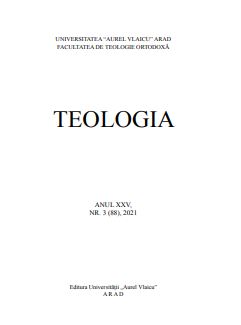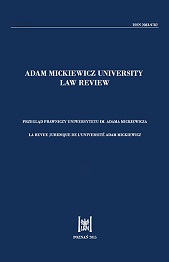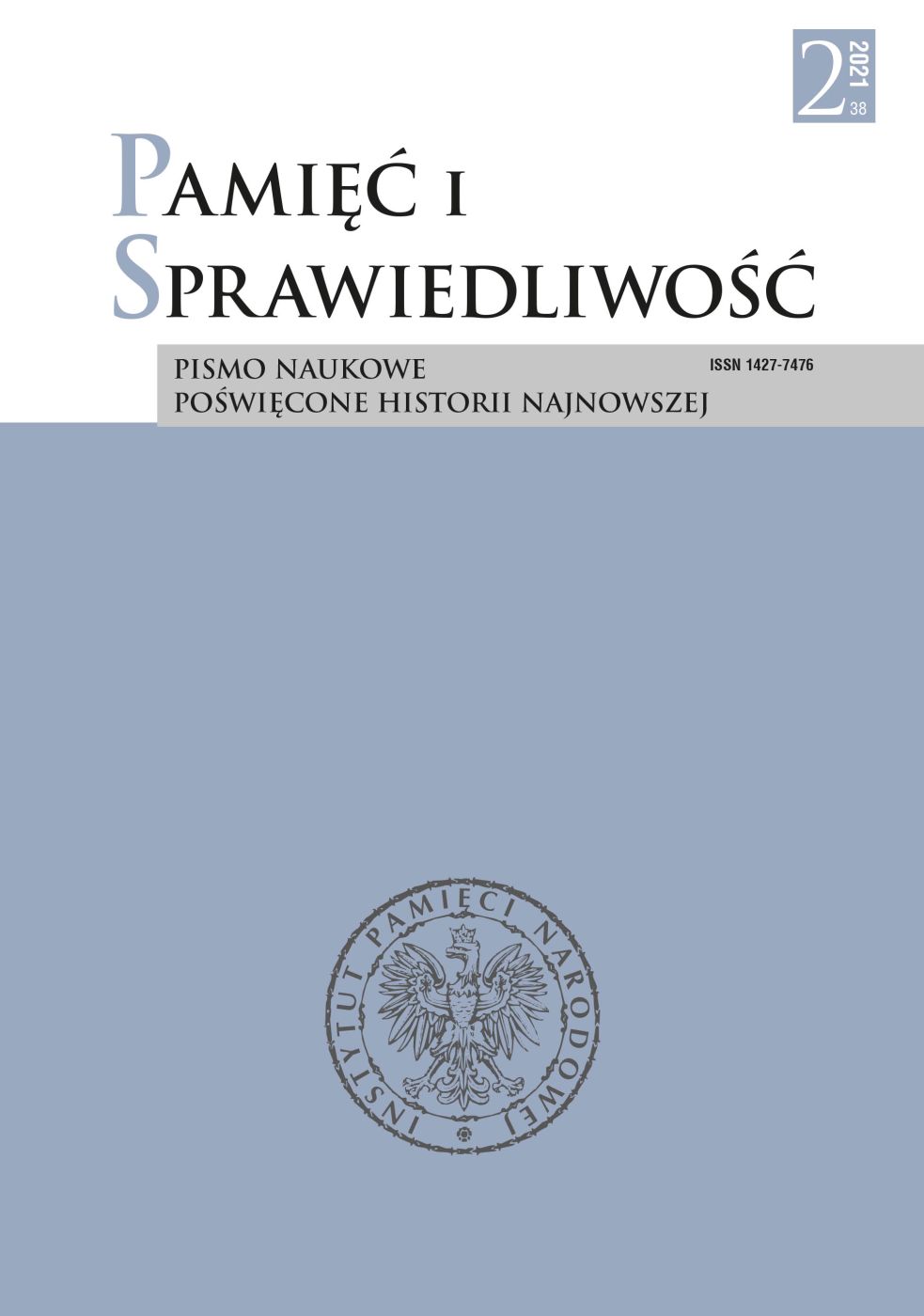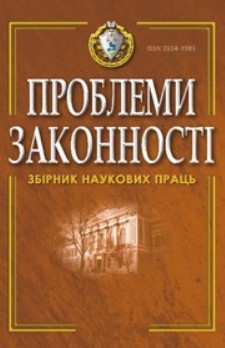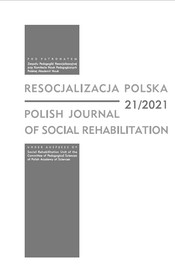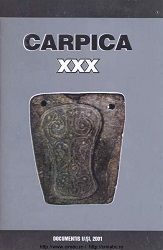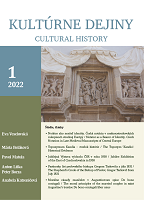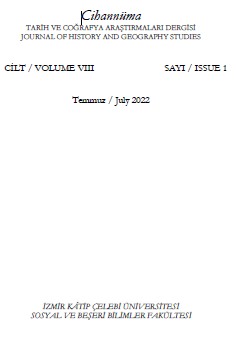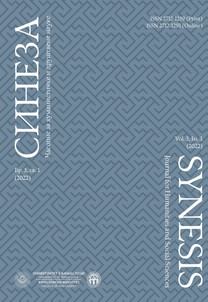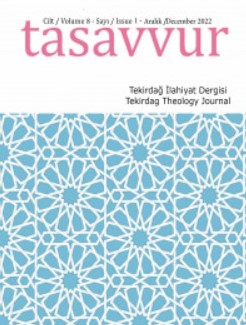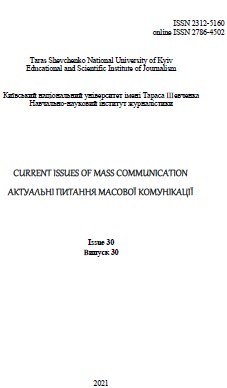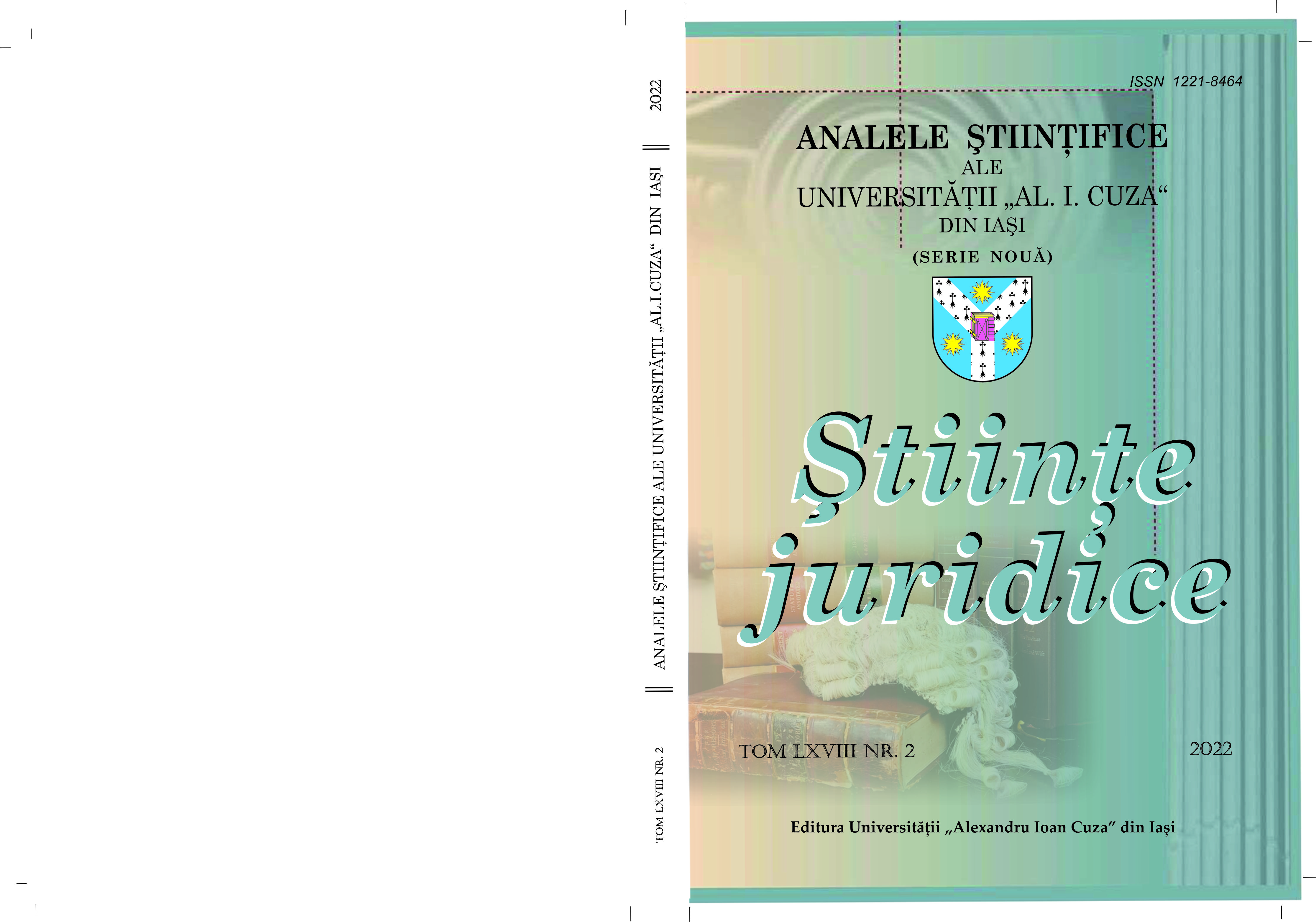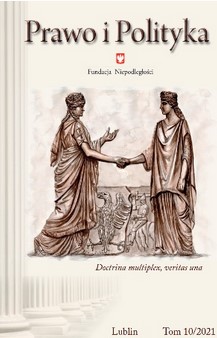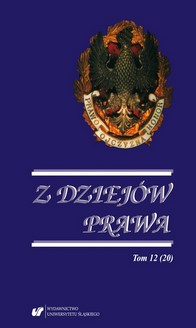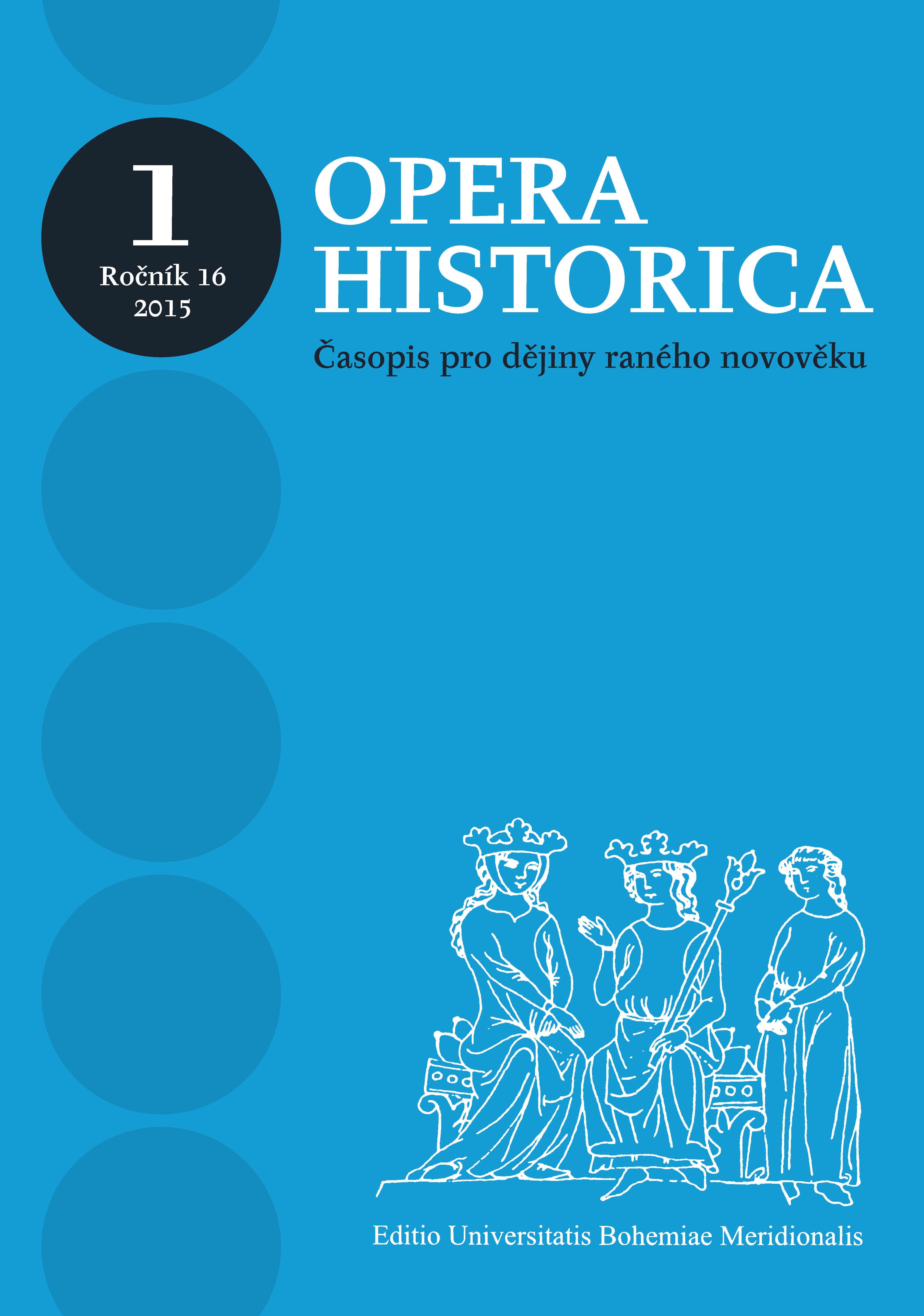
The Role of Physiocracy in the Birth of Human Rights
The article supports Dan Edelstein’s claim that the origins of the conception of the French Declaration of the Rights of Man and of the Citizen may be seen in the political and legal philosophy of the physiocrats. Carvalho only regrets that Edelstein discussed some marginal figures of the movement, while ignoring the substantial contribution by its principal representatives. Le Trosne is one of those ignored, even though he was a lawyer and his writings are relevant to the question. Carvalho also regrets that Edelstein did not draw on some recent French works on intellectual history which helped to rehabilitate the physiocrats as political and legal theorists. The works of Anthony Mergey and Éric Gojosso are indispensable for this topic. Carvalho explores the role of the rights to freedom, property and security in physiocratic thought but also recalls the correlative duties. He approves of the thesis that physiocratic thought had an influence on the Declaration. Finally, Carvalho extends the geographical scope of the enquiry by a note on physiocratic achievements in the field of human rights with the examples of Poland and Sweden.
More...
